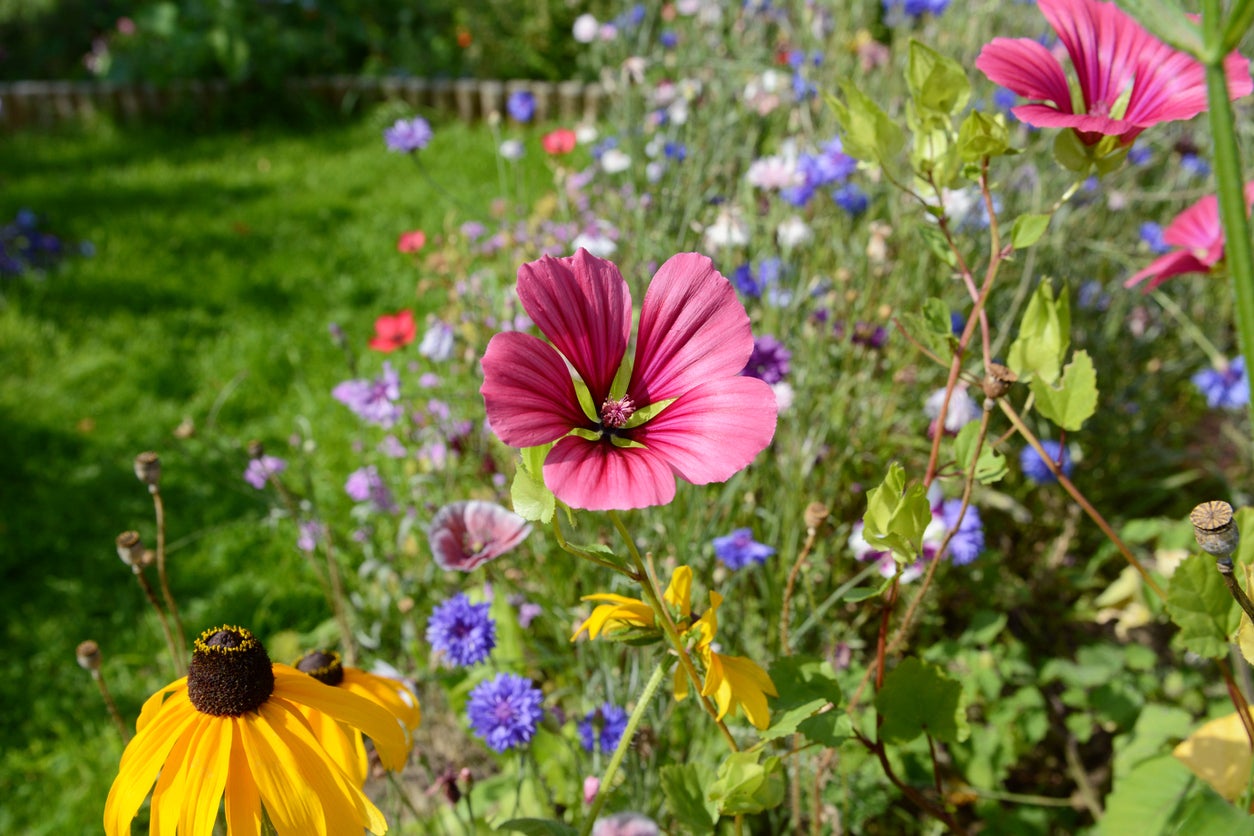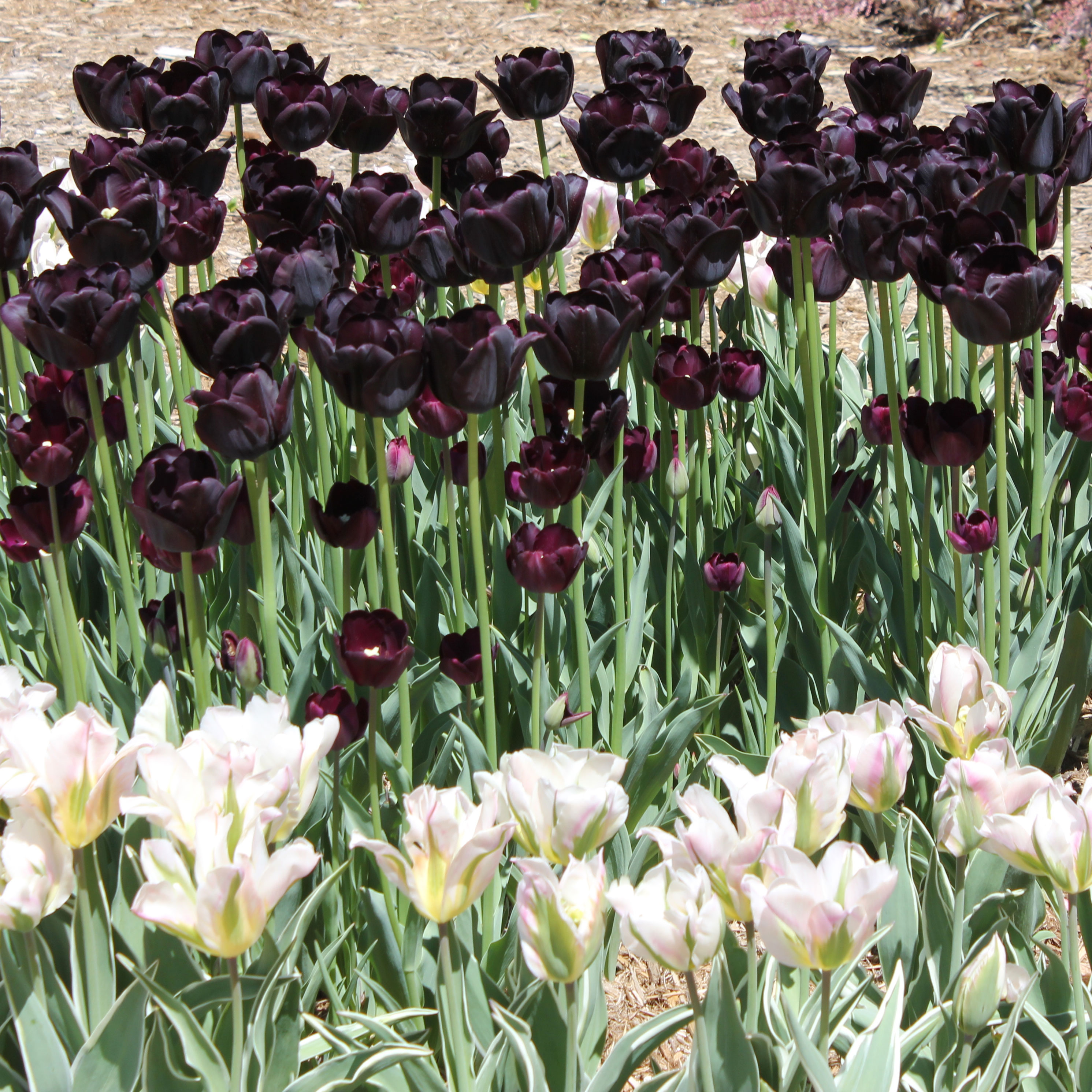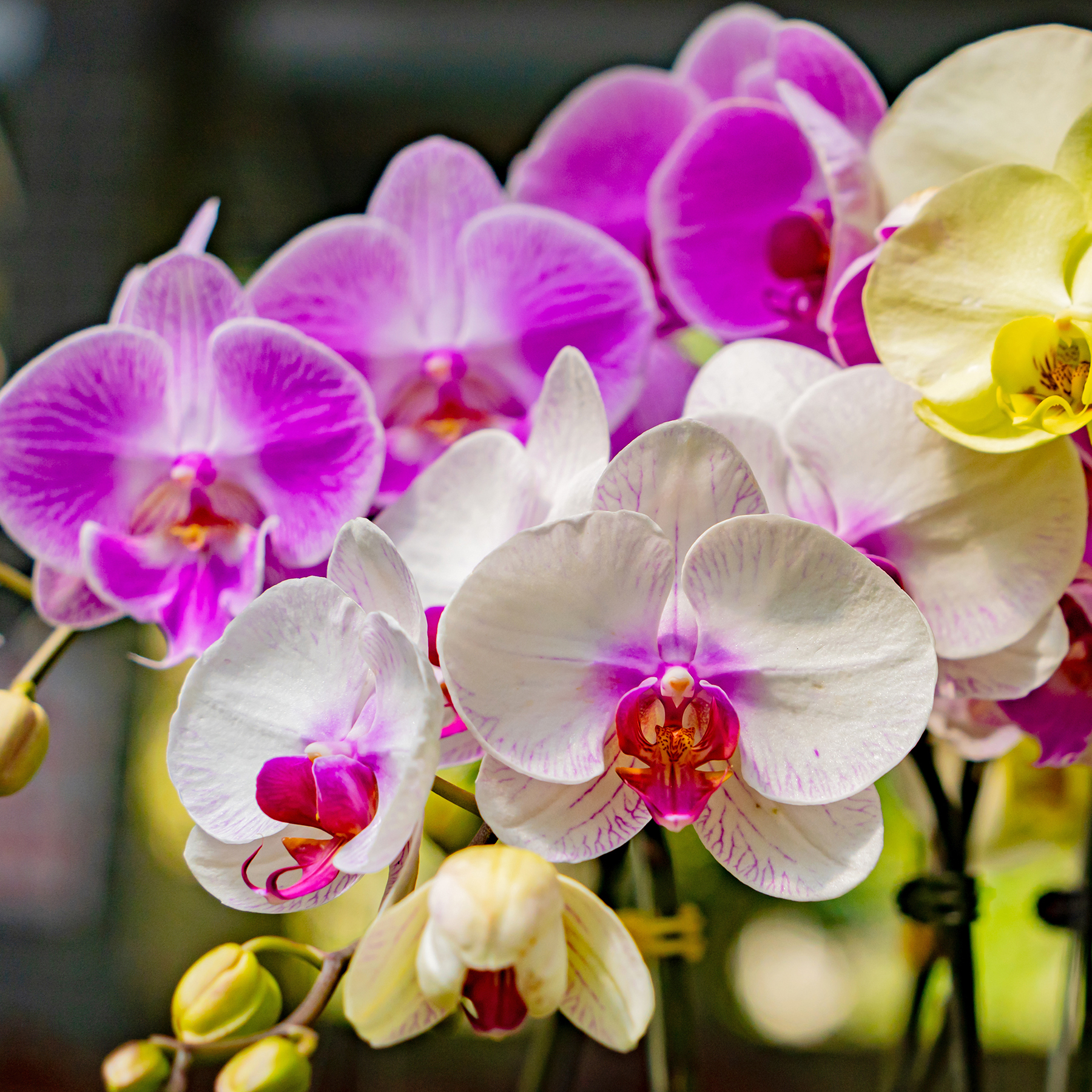Protecting Native Plants From Weeds – How To Control Native Garden Weeds


One of the most beautiful things about using native flora in the landscape is its natural adaptability. Natives seem to acclimate to wild conditions much better than transplant species. However, weeds will plague any garden patch and the native garden is no exception. Non-native weeds are the worst, but even indigenous species bully their way into the garden bed. Keep reading for tips on how to control native garden weeds without resorting to dangerous chemicals.
Native Garden Weed Control
As a gardener, weeds are the bane of one's existence. Other maintenance tasks pale in comparison to dealing with interlopers in carefully planned beds. Luckily, there are steps you can take to at least minimize the weeds in your landscape and prevent these competitive pests from spoiling the appearance of the garden and the health of your plants.
Proper preparation of the area in which you plant your natives is important – not only soil prep but also removal of existing weeds, especially perennial varieties. Whether you harvest your own natives or purchase them from a nursery, make sure the containers or the site where you harvest does not contain weeds.
Nursery plants may come with non-native weeds, which are somehow even worse than native varieties. If you inspect and remove competitive volunteers before planting, protecting native plants from weeds will be easier in the future.
If you are in the planning stages of a native garden, consider using a corn gluten meal application. This is a natural pre-emergent herbicide but will not work once weeds have germinated. Eventually, your native garden will fill in and shade out any potential new weeds and weed control should be a breeze.
How to Control Native Garden Weeds
If a site has been neglected, killing weeds in a native plant garden will be more challenging. You could use a selective herbicide but these come with potential side effects to other plants, you and the earth that are undesirable.
If you have a very large site, likely you will have to resort to herbicides unless you have goats, but smaller gardens can safely do native garden weed control with a little labor and some mulch. Hand weeding is one of those chores that almost everyone hates, but it is a bit more palatable with a partner to talk to or a pair of ear buds.
Gardening tips, videos, info and more delivered right to your inbox!
Sign up for the Gardening Know How newsletter today and receive a free copy of our e-book "How to Grow Delicious Tomatoes".
Once the site is clear of weeds, use organic mulch around the root zones of your plants to conserve moisture and, more importantly, prevent weed pests.
Protecting Native Plants from Weeds
Weeds suck water and nutrients from the soil that your wanted plants require. They also can choke out certain plants. But in a large-scale native landscape, a certain level of weeds must be tolerated unless you want to resort to chemical warfare. In areas that have been mulched and develop weed seedlings, simply stir the soil and uproot them.
Patrol the garden weekly for pests and the task of weeding won't become such a chore with established deep rooted species. The catch ‘em while their young approach helps prevent an unchecked infestation. As natives establish, they need less irrigation. Over time this will lessen weed seedlings as well.
Once the garden has matured, killing weeds in a native plant garden will become less of a chore and just a once in a while maintenance issue.
Note: Any recommendations pertaining to the use of chemicals are for informational purposes only. Chemical control should only be used as a last resort, as organic approaches are safer and more environmentally friendly.

Bonnie Grant is a professional landscaper with a Certification in Urban Gardening. She has been gardening and writing for 15 years. A former professional chef, she has a passion for edible landscaping.
-
 Moody Blooms For Spring: 8 Types Of Black Flowers To Add Drama To Spring Displays
Moody Blooms For Spring: 8 Types Of Black Flowers To Add Drama To Spring DisplaysFrom midnight burgundies to inky violets, several types of black flowers can enrich and embolden a spring display. Try these brooding bloomers for a moody garden
By Tonya Barnett
-
 My Homemade Orchid Fertilizer Always Brings More Blooms – Here's The Easy Recipe That Transforms Plants
My Homemade Orchid Fertilizer Always Brings More Blooms – Here's The Easy Recipe That Transforms PlantsScientist-turned-gardener Mary Ellen Ellis shares her tried-and-tested DIY orchid fertilizer recipe, plus more ingredients to try for healthy, happy plants.
By Mary Ellen Ellis